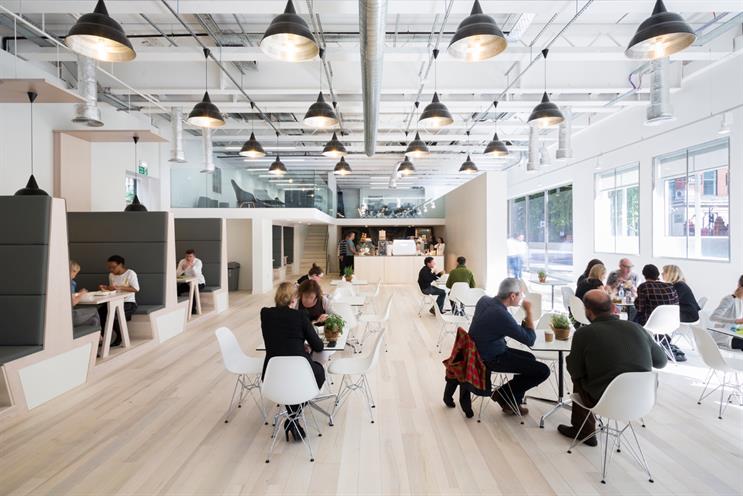
The mixed fortunes and contrasting ambitions of the companies emerging from the traditional magazine sector were underlined last week after Immediate Media’s £24 million swoop on Future’s cycling and craft brands.
The sale represents about 25 per cent of Future’s business and, for staff, yet another sucker punch from the new chief executive, Zillah Byng-Maddick.
Born and bred in Glasgow, and on the record as being forthright and having a strong work ethic, Byng-Maddick has spent her first three months aggressively pursuing a vision for Future that will result in it being a much smaller operation.
In May, Byng-Maddick told staff in an e-mail that "Future’s business model isn’t working hard enough", before putting most of the company into consultation. Little did the 850 employees in the UK and the US know Byng-Maddick had already secured a game-changing deal with Immediate.
Born from the merger of Magicalia, BBC Magazines and Origin Publishing in November 2011, Immediate is led by its entrepreneurial chief executive, Tom Bureau. For him, the past three years have represented growth and opportunity.
"We’re going from strength to strength," he says. "We’ve demonstrated we’re one of the most exciting consumer businesses out there."
The biggest brands acquired by Immediate are from Future’s cycling portfolio. It includes Procycling, Cycling Plus, Mountain Biking UK and What Mountain Bike.
Bureau says Future’s ten cycling brands are "fantastic multiplatform international assets" that have good synergies with its market-leading 220 Triathlon title. In addition, they represent strong digital and international opportunities around high-net-worth cyclists.
There are more modest expectations for the incoming ten craft titles, although they enjoy loyal and stable circulations, led by Simply Knitting (38,150), CrossStitcher (28,023) and the newcomer Mollie Makes (36,962).
"We are bringing some fantastic titles into our business," Bureau says. "All the titles are profitable and we think we will be able to manage the portfolio in a sensible way, where one plus one equals three."
The move will add about 130 staff to Immediate’s burgeoning business, taking the total past 1,000 and consolidating the group’s position as the third-biggest magazine publisher in the UK by circulation – after IPC Media and Bauer, and ahead of Hearst.
Over the coming weeks, staff will begin to relocate from Future’s Bath headquarters to Immediate’s offices in Bristol. Bureau admits the close proximity was one of the reasons the company was a natural buyer. "The practicalities of making it work should be quite straightforward for us," he says.
Earlier this month, IPC’s new chief executive, Marcus Rich, caused a stir when he referred to the print part of the magazine business as a "burning platform", but Bureau is keen to distance Immediate from such a context.
Last month, Immediate’s Generation Wealth report highlighted how the company that counts Radio Times among its portfolio taps into an older and wealthier AB1 demographic than other publishers.
Instead of migrating from print to digital, the group is in no hurry to abandon traditional formats. Immediate’s print circulation (down 2 per cent) is notably more robust than the wider market (down 8 per cent), and ink on paper still represents about 85 per cent of profit – although this is changing.
Bureau says: "Our business is very different to IPC; print is very strong. It’s exclusively special interest. It’s about people having deep engagement."


